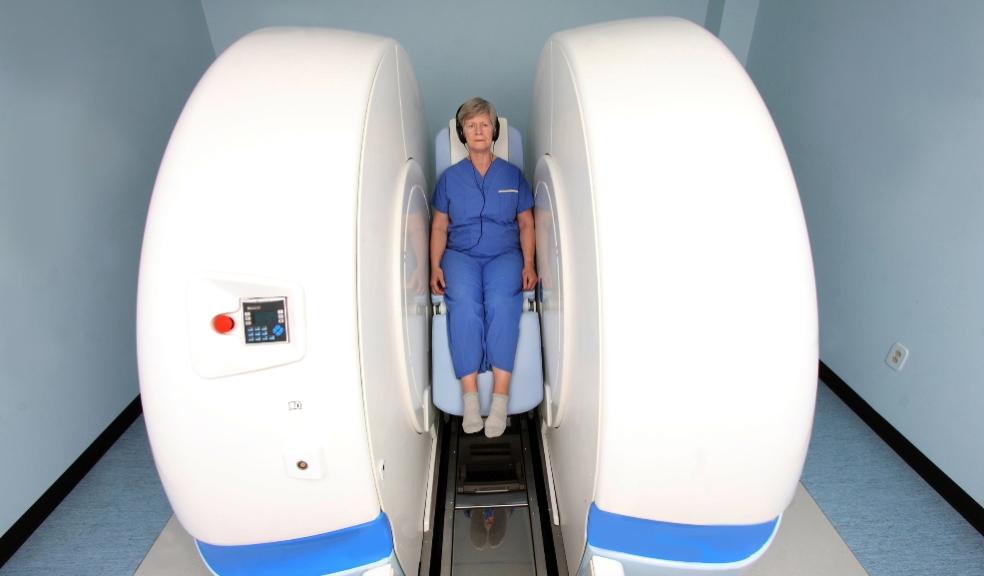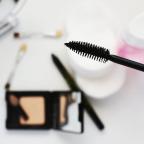
New research into the safety of car seatbelts during pregnancy
New research by Toyota aims to find a way to confirm car seatbelt safety for pregnant women who don’t always feel safe and secure when using them, due to their different fit on pregnant bodies.
Toyota North America is conducting the research with its Collaborative Safety Research Center (CSRC) in Ann Arbor, Michigan, in the US.
Today’s seatbelts are safe for pregnant women, but a false narrative has developed that they can harm unborn babies in crashes. While pregnant women properly wearing car seatbelts have better outcomes than those not wearing them, there are opportunities to further explore seatbelt fit for pregnant women, so Toyota and its research collaborators will generate data for engineers to use for potential new designs in the future.
Toyota will create a computerised, three-dimensional model of pregnant bodies. And not just one body, but different shapes and sizes, with detailed representation of bones, the spine, internal organs, and various body tissues in different stages of pregnancy. The company is working with the University of British Columbia (UBC), in Canada, which has access to an MRI machine designed to map anatomies of all sorts of body shapes seated in a car, and to explore how seatbelts interact with bones and internal organs.
Jason Hallman, senior research manager for CSRC, said: “We design seatbelts using standardised dummies and processes. There’s no standardised dummy, or tools available specifically for assessing pregnant women’s safety in cars. Therefore, the industry doesn’t have a clear understanding of how future seatbelts could better protect pregnant women or foetuses during a crash.”
The pregnant body research and models may also shed light on whether there is a safety benefit from devices designed for pregnant women, such as large pads to put on top of the car seat cushion, specialised lap belts, and a kind of metal shield. These devices may seem logical, but they’re not subject to the kind of rigorous testing used for seats, belts, airbags, and other parts of the car’s interior. With better information in the future, such as virtual pregnant crash-test dummies, researchers will be able to draw better conclusions. Toyota will also make the resulting data available to other injury biomechanics researchers.
*image credit: UBC Upright Open MRI Research.














